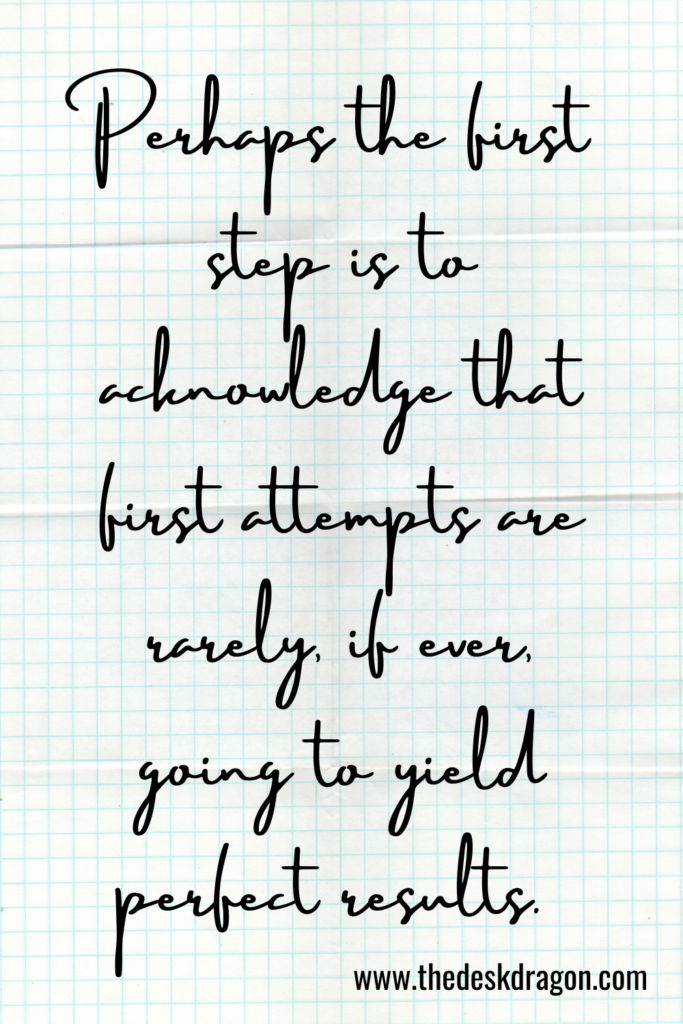The Magic of Bullet Points
I think there’s a misconception that, for writers, writing (and writing well) comes easily.
In my experience, the reality is that, as a writer, you end up agonizing over everything you write, no matter how inconsequential. Every word choice, every sentence, every text message or email or journal entry. You want to live up to the expectations of your profession and/or hobby, and so you hold yourself to a standard of perfection.

But here’s the secret: the good writing happens during the editing stage. Sure, you may have some brilliant ideas straight from the outline or the first draft. But even those brilliant ideas still may not sound very good until they’re polished and developed.
Writer’s block often happens because we want to jump ahead to that polished state — we want to put the right words down the first time. So we wait until we find those words, and the page remains blank. What we need is some way of breaking through that mental barrier.
The thing I’ve found that works best for me is bullet points.
Bullet points remove the pressure to start at the beginning.

I’ve written before how allowing myself to journal in bullet points finally helped me establish a habit of writing something every single day. It’s part of what drew me to bullet journaling in the first place — because bullet journaling is a planning and recording system created specifically to challenge the notion that you need to record your thoughts in beautiful, complete sentences.
But bullet points have helped me in my other writing pursuits as well. It’s so much easier to just dump out a bunch of words and phrases and disjointed sentences and then string them together in a nice way later. I don’t have to sit there wondering where to start, because I don’t have to put my ideas into any kind of order yet.
Can the “bullet point effect” remove mental blocks in other areas of life?

Writers aren’t the only people who experience this kind of mental block. There are a plethora of tasks that we don’t start because we don’t want that first step to be in the wrong direction. So how can we remove this barrier? How can we create an outline or “rough draft” of non-writing-related tasks?
For me, most tasks begin with a list of bullet points of what I plan to do, anyway. But I suspect there are still ways to “bullet point” many processes, even if they don’t involve writing a physical list.
Perhaps the first step is to acknowledge that first attempts are rarely, if ever, going to yield perfect results. Just as a writer must start with a disorganized jumble of words and concepts and then piece them together coherently and beautifully, we must all start somewhere and move forward according to what we learn from the results of that first action.


